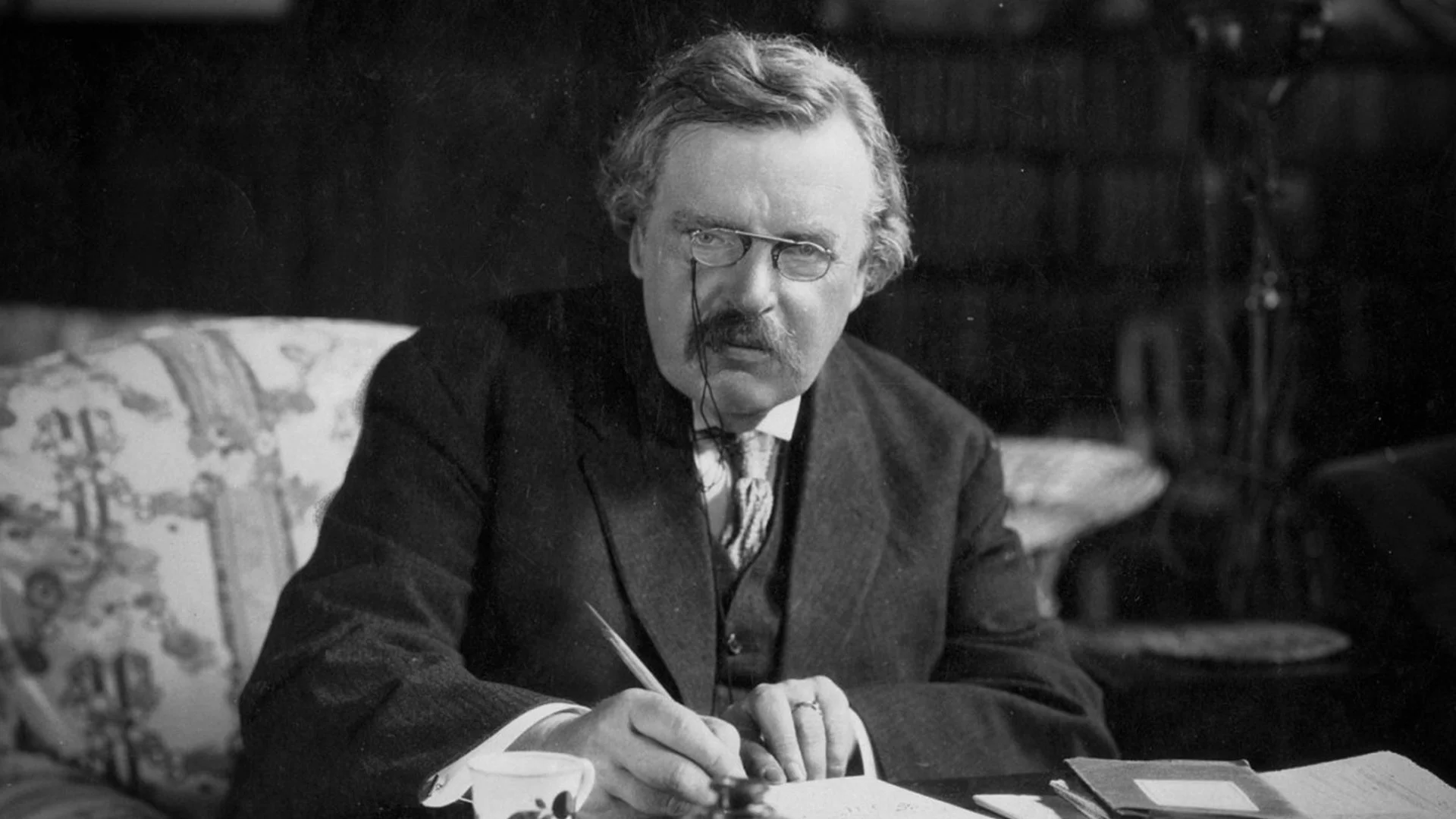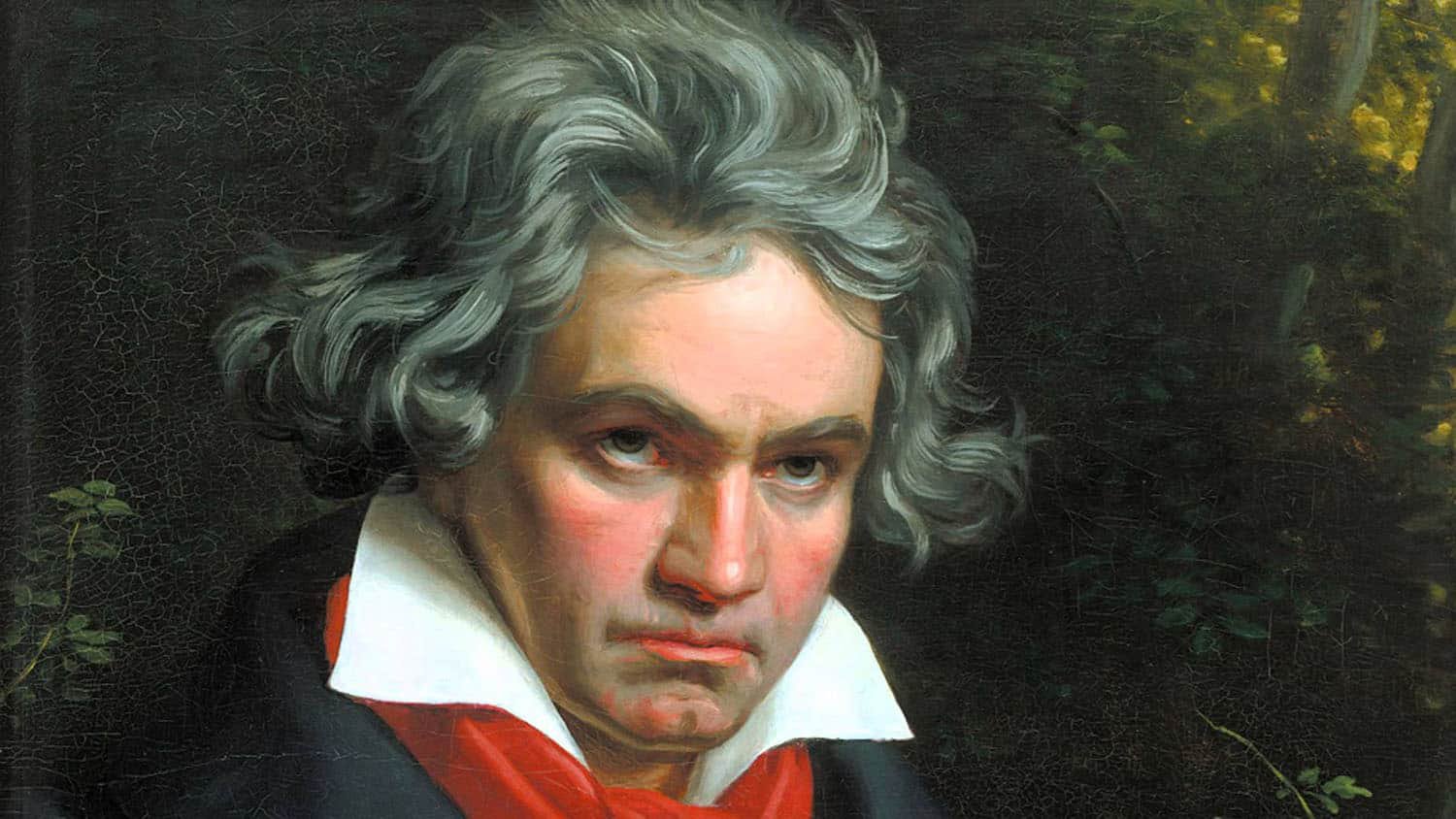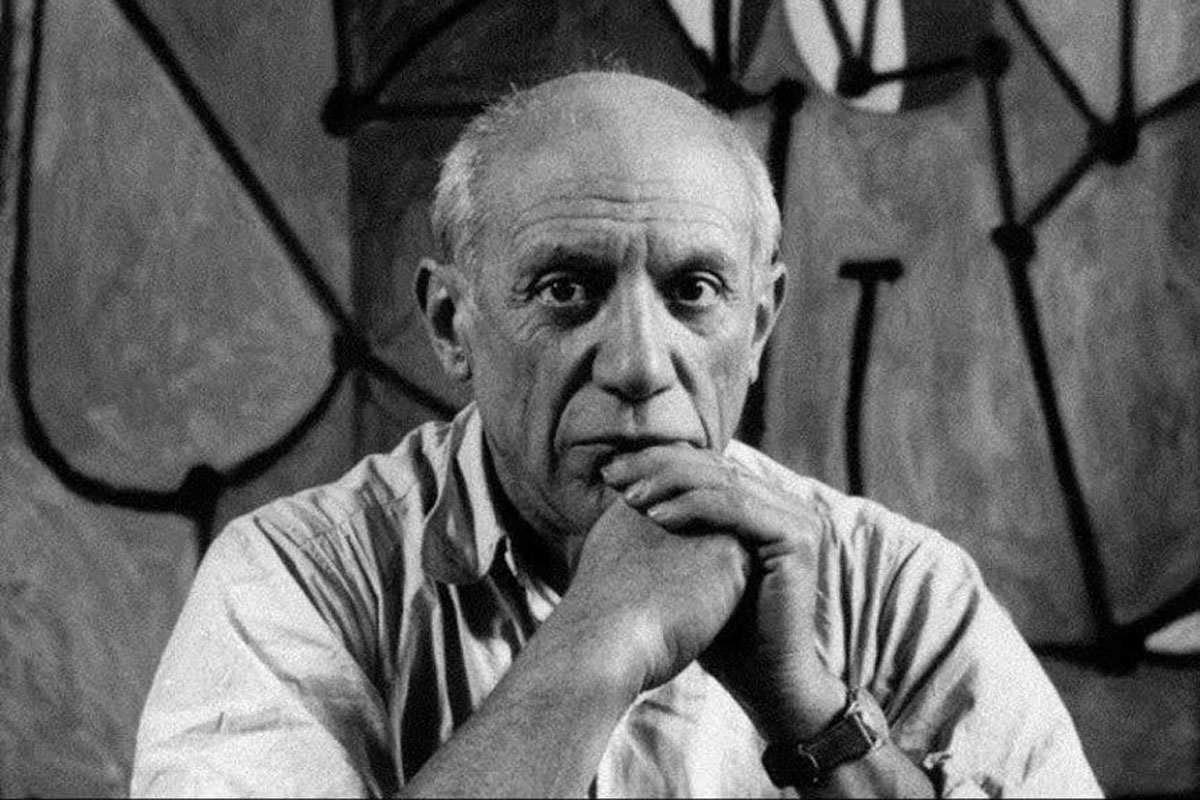This series of articles seeks to examine the character attributes of highly successful leaders, regardless of their adherence to a strong faith or moral standard. In presenting these thoughts, Leadership Ministries is not agreeing with or advocating these traits or practices, but rather presents these as ideas for discussion and development in your own leadership journey.
Charlemagne (747-814) united the majority of Western and Central Europe during the Middle Ages. People call him the “Father of Europe,” and the Pope made him the first Holy Roman Emperor. He was strongly in favor of education, though himself illiterate, and set up many schools across Europe. He’s one of the most famous world leaders of the Middle Ages. Born the eldest son of Pepin the Short, King of the Franks, Charlamagne was a prince destined to succeed his father on the throne.
Ruling from 771 to 814, Charles the Great, as he was also called, led the Franks, a tribe of mainland Europe, who had converted to Christianity in 496. His empire was centered in modern Germany. He waged a 33-year war with the Saxons, a pagan tribe who were defeated numerous times but violated terms of peace as soon as they were adopted. He was also a shrewd diplomat, forging alliances with neighboring kingdoms.
During his life, Charlamagne had five wives and four concubines, who bore a total of 18 children. He was described as tall and strong, dignified and stately. He loved eating roast beef, but seldom drank alcohol, as he hated drunkenness. Though a military conqueror, he followed Christianity fervently, worshipping often, wearing clerical robes, and studying the Scriptures. He was well-spoken and understood both Latin and Greek, but could not write well, though he kept trying to learn until late in his life. Here are a few facets of Charlamagne’s leadership:
One of the oldest churches in Europe, the Aachen Cathedral in Germany was constructed by Charlemagne, and is his final resting place. Photo: Kleiner Hobbit
Leaders unify. During Charlamagne’s time, Europe was led by barbarian tribes that battled one another and stole from peaceful people. As Charlamagne’s empire grew through military conquest, he did not dominate these tribes for his own self-interest. Rather, he encouraged them to contribute to a unified people, and brought about an intellectual and cultural revival. He placed a significant emphasis on education, creating schools and education standards throughout his empire.[1] Charlamagne could be stern and cruel, at one point beheading 4,500 prisoners in a single day. But if his enemies responded to him with respect, he would forge an alliance and encourage cultural participation. An unfinished project was his desire to unify all of his empire under a common set of rules and laws.
Travel in religious circles. Charlamagne was friendly and supportive of the Catholic church, building a close relationship with Pope Leo III. In 800 AD, the Pope crowned Charlamagne as Roman Emperor. Charlamagne fiercely protected Catholicism, choosing to execute any Saxon who would not convert to Christianity. In truth the church was a disguise for the emperor that he used to eliminate political opposition and ensure his power and control. He also had some positive effect on the church, standardizing liturgical practices and promoting basic tenets of faith and morals among his people. He gave a great deal of his wealth to the poor, including Christians living in poverty in other lands and cities including Syria, Egypt, Africa, Jerusalem and Carthage. He donated vast sums of gold, silver and precious stones to the Church of St. Peter in Rome, which he wanted to see beautified and enriched.[2]
Reform and improve. Charlamagne is known for the many reforms he brought to society and government. He instituted a monetary standard and universal accounting system. His money, the livre carolinienne, was based on a pound of silver, the predecessor to the modern pound sterling. He made the bureaucracy of government more efficient and centralized key areas of control. He divided his vast empire into counties, each governed by a count who was responsible for justice, defense, and taxes.[3] He had a staff of royal officials, the missi dominici, who traveled to inspect local administrations and report any corruption directly to the emperor.
Carolingian minuscule is the printed script developed by Charlemagne. It made handwritten books easier to read and was widely used for more than 400 years until the invention of the printing press. Photo: Public Domain
During his rule there was a Carolingian Renaissance, an expansion of literature, writing, the arts, architecture, jurisprudence, and Scriptural studies.[4] He founded a number of scriptoria, or centers for book copying, some 600 years before the printing press was invented. Today, most surviving early and classical Latin texts are from this period. One advantage to his scriptoria is that they settled on a common written script which was easy to read—often books written in one part of Europe could not be easily understood in another because the scribes wrote so differently. Carolingian miniscule became the most widely used writing script for the next 400 years.
Near the end of his life, Charlamagne appointed his son Louis to rule. He then spent time resting and hunting until the following winter, when he developed a high fever. He died just seven days after he took to his bed, at the age of 72. He had ruled for 47 years.
[1] http://classicinfluence.com/revolutionary-leaders-leadership-lessons-from-the-legends-of-change/
[2] https://christianhistoryinstitute.org/study/module/charlemagne
[3] https://www.historyskills.com/classroom/ancient-history/charlemagne-reading/
[4] https://courses.lumenlearning.com/atd-herkimer-westerncivilization/chapter/charlemagnes-reforms/
Cover photo Copyright (C) History Skills

































Frank Winfield Woolworth was an American entrepreneur, and founder of the F. W. Woolworth Company. He pioneered the retail variety stores which featured low-priced merchandise selling for 5 and 10 cents.